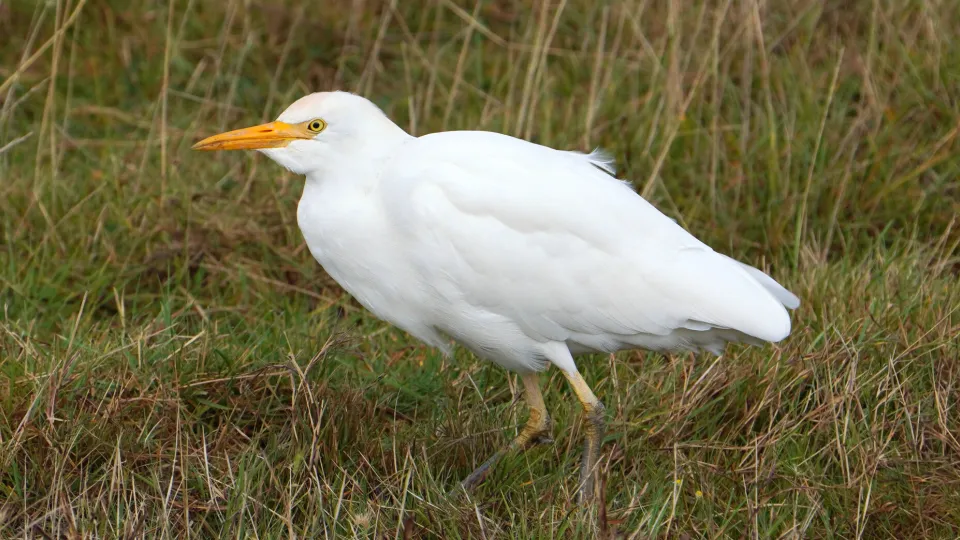
Cattle egret
This small, white heron is an increasingly common sight in parts of the UK as it spreads north from continental Europe.

This small, white heron is an increasingly common sight in parts of the UK as it spreads north from continental Europe.
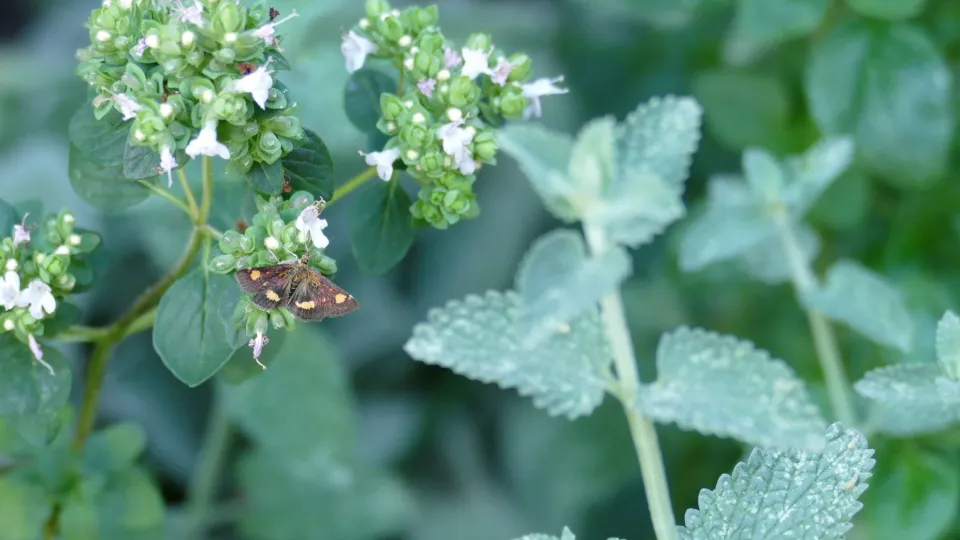
A small, day-flying moth that can often be seen visiting garden herbs.
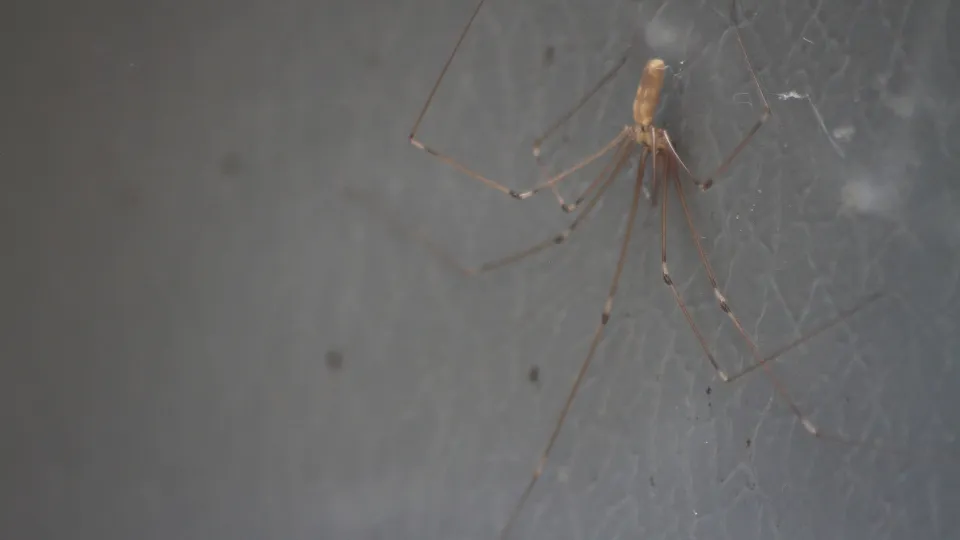
You've probably spotted this long-legged spider hiding in the corner of a house or building.
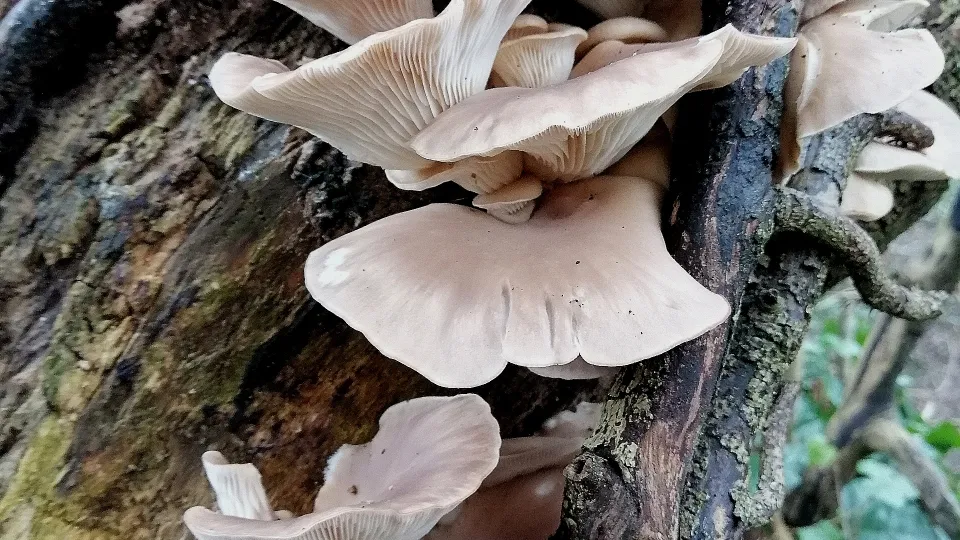
Oyster mushrooms are shell shaped fungi that grow in tiers or fabulous clusters on dead trees or stumps. Unlike many fungi, these mushrooms are not seasonal and can be found all year round, especially after a cold snap which can trigger the fungus into fruiting.
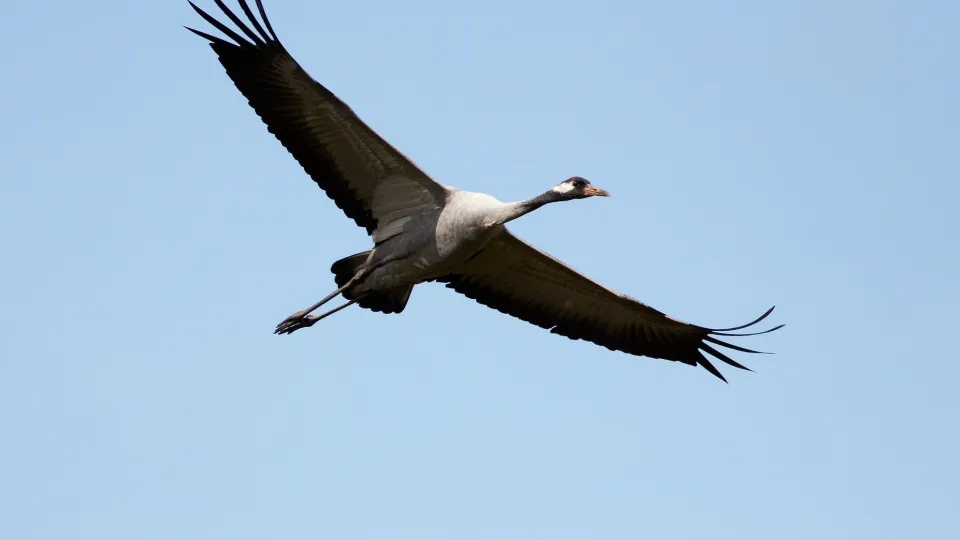
As the UK’s tallest bird the common crane is instantly recognisable with the ruffle of tail feathers and very long legs. Their bugling call is also very distinctive.
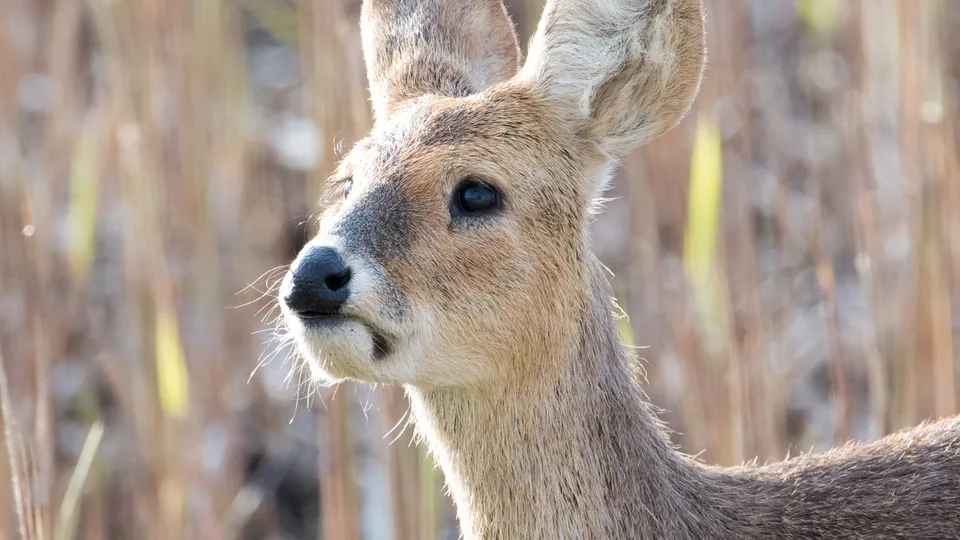
Chinese water deer are easily distinguished from other deer by their strange teddy bear like appearance and the huge canine tusks displayed by the stags.
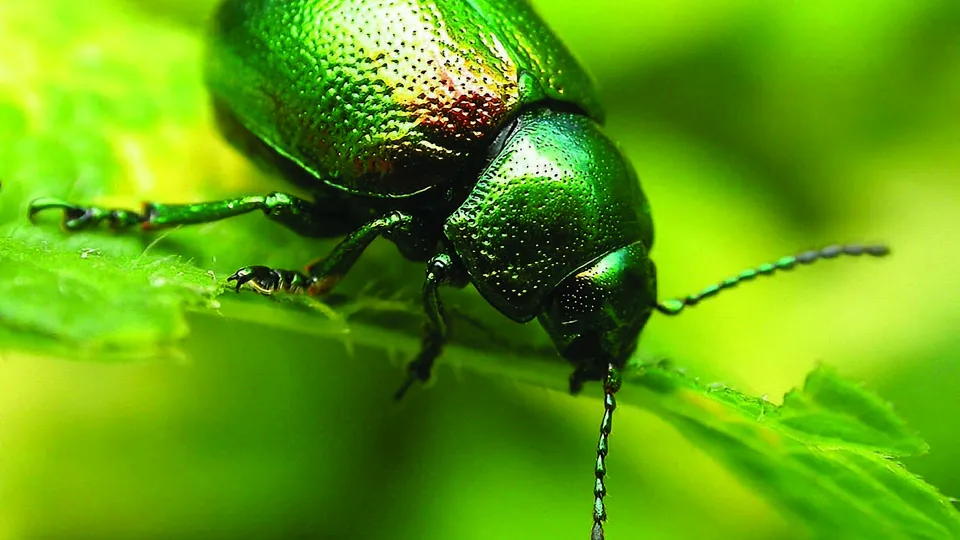
This jewel like leaf beetle is an incredibly scarce species which is only found in wetland habitats.
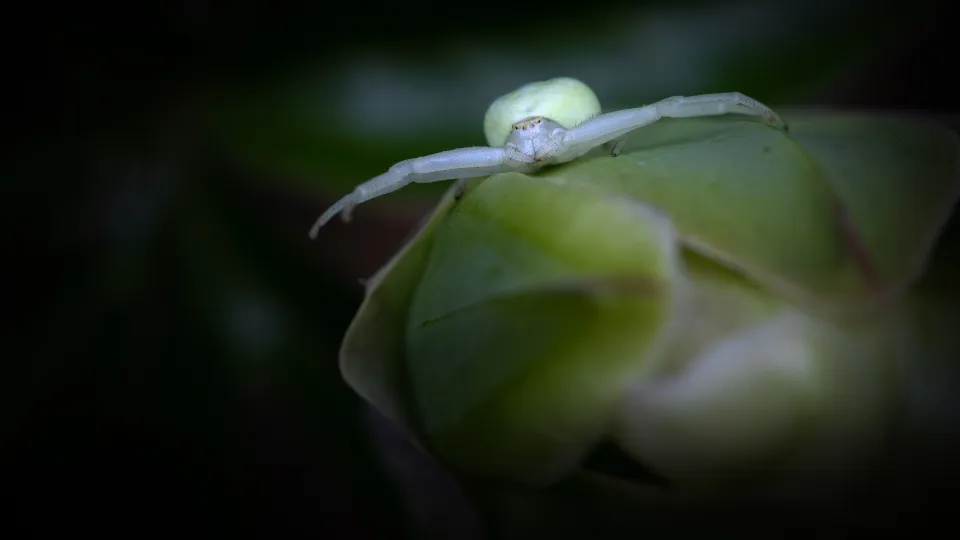
The flower crab spider is one of 27 species of crab spider. The flower crab spider can alter the colour of its body to match its surroundings and to hide from prey. It is not as common as other types of crab spider.
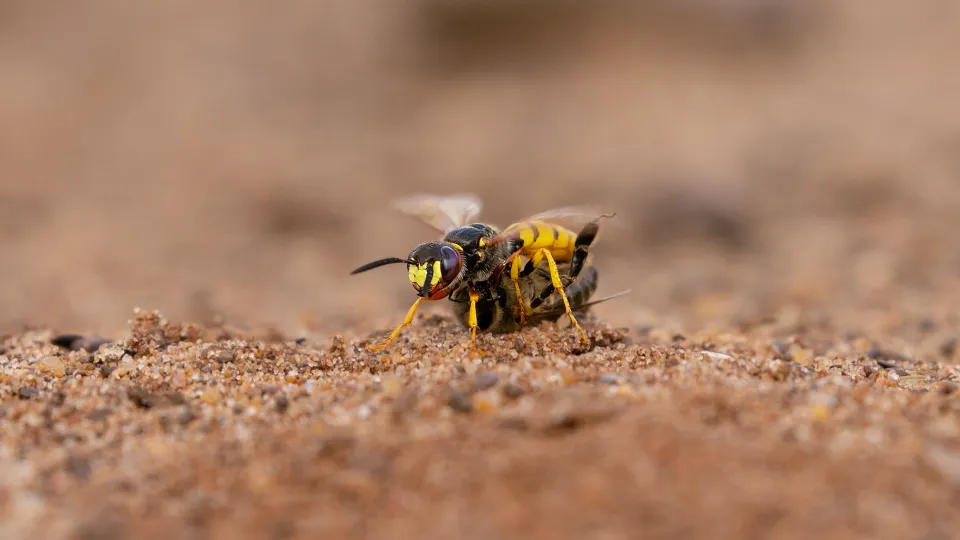
One of our largest and most impressive solitary wasps, the bee wolf digs a nest in sandy spots and hunts honey bees.
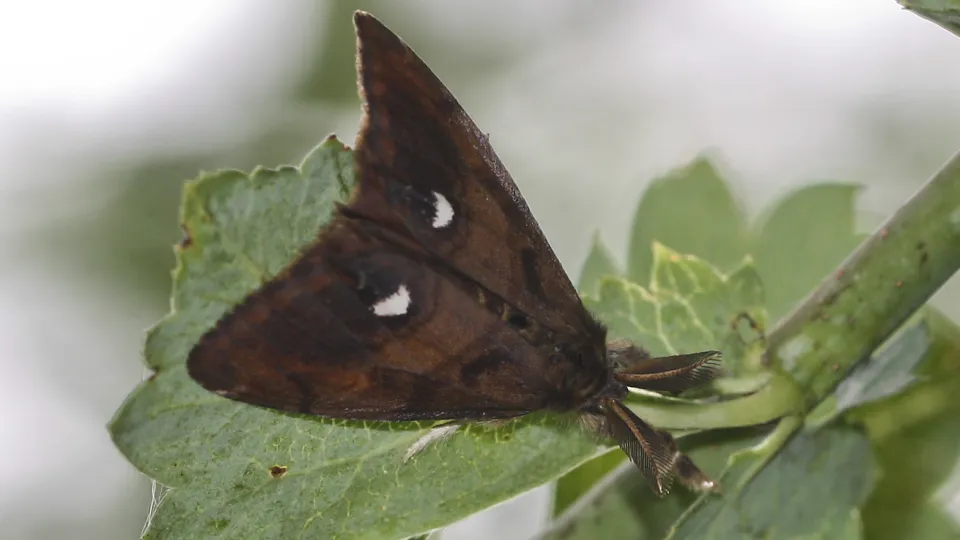
The mohawk-sporting caterpillar of this moth is often seen on shrubs and trees in late summer. As adults the orange-brown males fly by day, but the flightless females don't stray far from their cocoon.